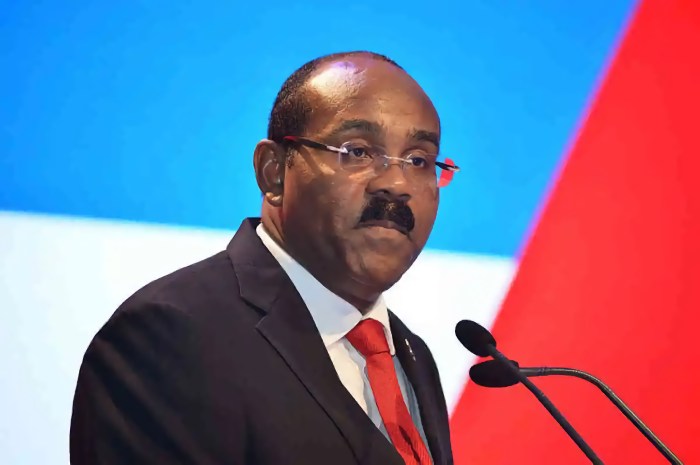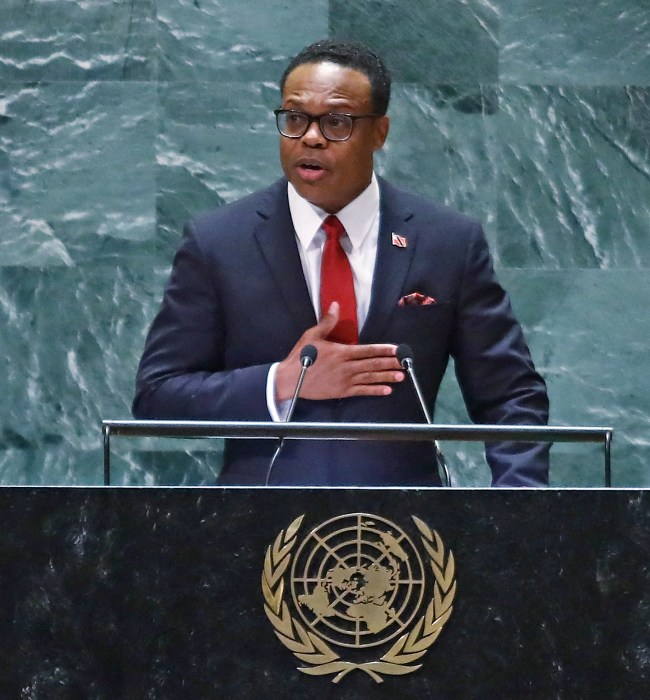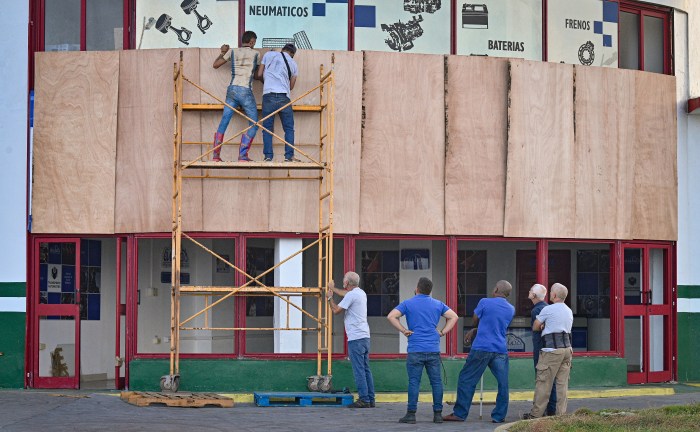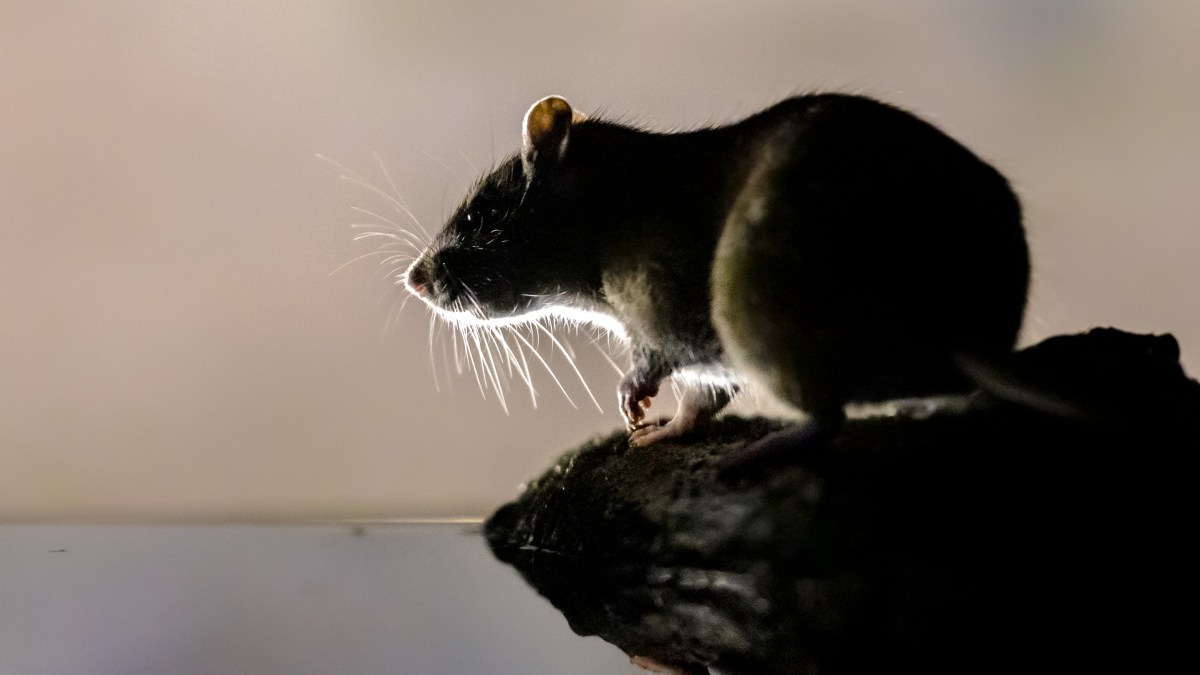Cuban American leaders in South Florida have blasted the Obama administration for reportedly offering to discuss with Havana a string of concessions, including cuts in U.S.-funded democracy programs, if it frees U.S. government subcontractor Alan P. Gross.
“Shame on the administration for engaging with the tyrants in Havana,” said South Florida Republican Congresswoman Ileana Ros-Lehtinen.
“This would set a dangerous precedent and encourage other dictators to take Americans as prisoners,” she added.
Florida Republic Sen. Marco Rubio said Gross is “a man who was wrongfully jailed in the first place”, adding: “Rather than easing sanctions in response to hostage taking, the U.S. should put more punitive measures on the Castro regime.”
Rubio said that until Secretary of State Hillary Clinton explains the reports, the Obama administration’s nomination of Roberta Jackson as assistant secretary for Western Hemisphere “will be in question” — a thinly veiled threat to block her Senate confirmation.
The anger was sparked by a report over the weekend about the possible concessions, which also included allowing a Cuban spy to serve his U.S. probation in Cuba and U.S. guidance on how Cuba might get off the U.S. list of countries that support international terrorism.
On Sept. 14, former New Mexico Gov. Bill Richardson wound up a visit to Havana in a failed attempt to win the release of Gross, jailed in Cuba for spying since late 2009.
Reports indicate that the Obama administration offered to talk about cutting back U.S. programs supporting democracy in Cuba; allowing U.S. companies to help in case of an oil spill in Cuban waters; ending a program that issues quick U.S. visas to Cuban medical personnel that defect in third countries; and licensing sale of Havana Club rum in the United States.
“The U.S. policy of supporting democracy in Cuba should not be subject to any negotiations,” said Orlando Gutierrez, national secretary of the Miami-based Cuban Democratic Directorate, which supports peaceful dissidents on the Spanish-speaking Caribbean island.
Gross is serving a 15-year sentence for delivering a satellite telephone, paid for by the US Agency for International Development (USAID), to give Cuba’s Jewish community better access to the Internet. U.S. officials have repeatedly called for his release on humanitarian grounds.
Cuba has outlawed such USAID assistance as part of an effort to overthrow the communist system, and recently has strongly linked Gross’ future to the fate of the five Cuban spies convicted in Miami in 2001 as part of the so-called Wasp Network.
One of the five, René González, was freed last week after serving 13 years in prison.
But U.S. District court Judge Joan Lenard rejected his request to be allowed to serve his three years of probation in Cuba instead of the United States.
Richardson told Cuban officials that González would be allowed to go home early if Gross was freed.
But Havana wanted all five of its spies freed, arguing that they were merely spying on exile terrorists in South Florida. The network was convicted of trying to spy on U.S. exile, military and political targets.
“It is outrageous that President Obama is negotiating with a terrorist regime for the release of an American hostage, when it has been the express policy of this nation to never negotiate with terrorists,” said Congressman David Rivera, a South Florida Republican.
Imports of Havana Club, distributed by the French company Pernod Ricard, are banned under the half-century old U.S. trade embargo, but U.S. supporters of improved relations with Havana argue that a presidential order can change that.
Bacardi USA this summer won a unanimous ruling from the Third U.S. Circuit Court of Appeals, in a year-old lawsuit filed by Pernod Ricard, allowing it to continue selling in the US market its own Havana Club brand rum, made in Puerto Rico.
























